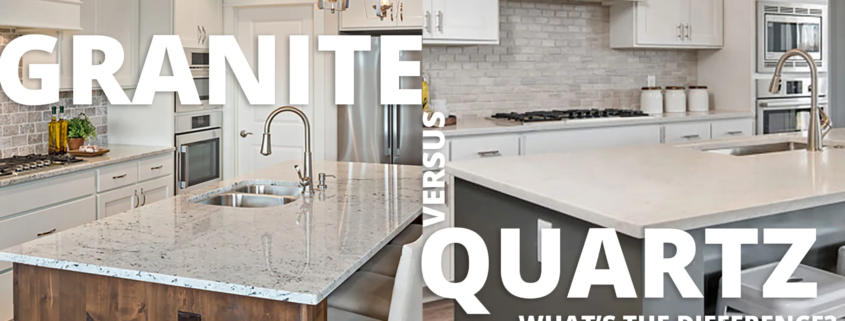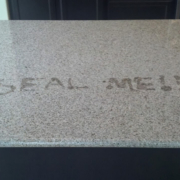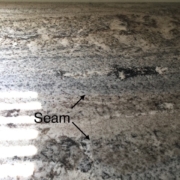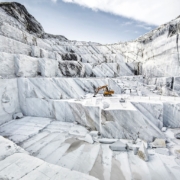Quartz vs. Granite: Which is Best?
Quartz vs. Granite: Which Countertop is Right for You?
When it comes to choosing the perfect countertop for your kitchen or bathroom, two popular options often come to mind: quartz and granite. Both materials offer unique benefits and aesthetic appeal, but they also have distinct differences that can influence your decision. In this blog, we’ll explore the key differences between quartz and granite to help you make an informed choice.
What is Quartz?
Quartz countertops are engineered stone products made from a combination of crushed quartz, resins, and pigments. This manufacturing process allows for a wide range of colors and patterns, making quartz a versatile option for various design styles.
Pros of Quartz:
- Non-Porous Surface: Quartz is non-porous, meaning it resists stains and does not require sealing1.
- Durability: Highly resistant to scratches and heat, making it ideal for busy kitchens2.
- Low Maintenance: Easy to clean with just soap and water3.
- Design Versatility: Available in a wide range of colors and patterns4.
Cons of Quartz:
- Cost: Generally more expensive than some granite options5.
- Heat Sensitivity: While resistant to heat, extreme temperatures can damage the resin.
What is Granite?
Granite is a natural stone that is quarried from the earth and cut into slabs. Each piece of granite is unique, with its own natural patterns and colors, making it a popular choice for those seeking a one-of-a-kind look.
Pros of Granite:
- Natural Beauty: Offers a unique, natural appearance with a variety of colors and patterns.
- Heat Resistance: Can withstand high temperatures, making it suitable for kitchen use.
- Durability: Resistant to scratches and chips.
- Value Addition: Adds value to your home due to its natural appeal.
Cons of Granite:
- Porous Surface: Requires regular sealing to prevent stains and bacteria growth.
- Cost: Can be expensive, especially for rare colors and patterns.
- Maintenance: Needs periodic sealing and more intensive cleaning.
Key Differences
- Composition:
- Quartz: Engineered stone made from crushed quartz and resins.
- Granite: Natural stone quarried from the earth.
- Appearance:
- Quartz: Consistent patterns and colors due to manufacturing process.
- Granite: Unique, natural patterns with each slab being one-of-a-kind.
- Maintenance:
- Quartz: Low maintenance, no sealing required.
- Granite: Requires regular sealing and more intensive cleaning.
- Durability:
- Quartz: Highly resistant to stains and scratches.
- Granite: Durable but requires sealing to maintain resistance to stains.
- Cost:
- Quartz: Generally more expensive but offers consistent quality.
- Granite: Can vary in price, with some options being more affordable.
Conclusion
Choosing between quartz and granite ultimately depends on your personal preferences, budget, and lifestyle. If you prefer a low-maintenance, durable, and versatile countertop, quartz might be the right choice for you. On the other hand, if you value natural beauty and are willing to invest in regular maintenance, granite could be the perfect fit.
By understanding the key differences between these two materials, you can make an informed decision that enhances the beauty and functionality of your home.






